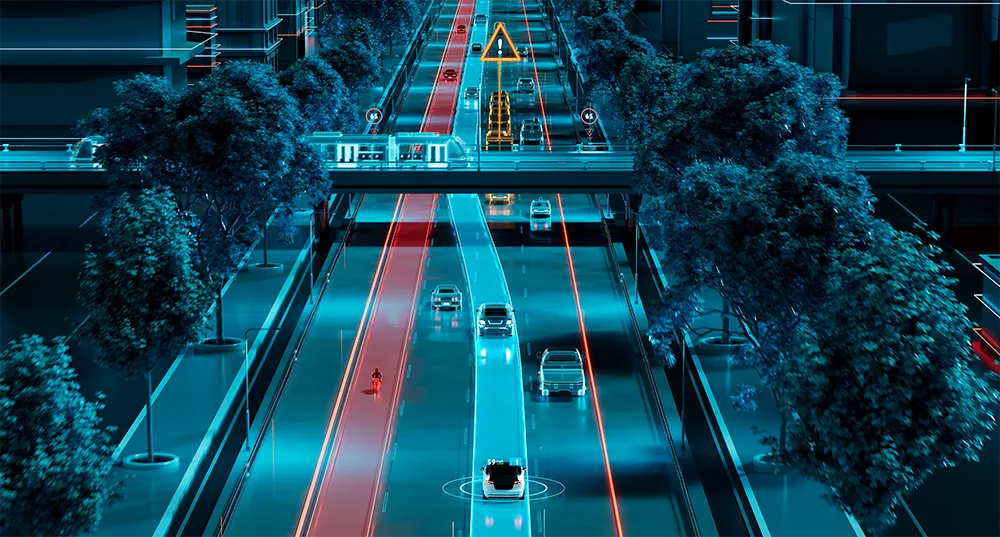TomTom’s today 5th annual Traffic Index, the barometer of traffic congestion in over 200 cities worldwide, reveals rising congestion levels around the globe In addition, for the first time, the Index took an in-depth look at the true impact of rush hour traffic on the work week, uncovering that evening rush hour nearly doubles the journey time for car commuters. The analysis of 12 trillion pieces of traffic data worldwide revealed that the evening rush hour is the most congested time of day.
Traffic co
April 1, 2015
Read time: 3 mins
Traffic congestion in cities across the UK has worsened considerably over the past year, according to the report, which shows that average journeys in 2014 took 29 per cent longer than they would in free-flowing traffic – up from a 27 per cent delay in 2013.
Traffic jams in 14 out of Britain’s 17 biggest cities have got worse over the past 12 months. The only city where congestion has improved is Bristol, with congestion down from 32 per cent to 29 per cent.
Nearly every city can expect to double its congestion level during the evening peak, compared with the rest of the day.
Congestion levels have got worse over the past year in London, Brighton, Nottingham, Leicester, Birmingham, Portsmouth, Cardiff, Belfast, Edinburgh, Manchester, Liverpool, Newcastle, Glasgow and Southampton. They have also failed to improve in Sheffield and Leeds-Bradford.
The index shows that Belfast is the most congested city in the UK, with journey times 39 per cent slower than free-flow traffic throughout the day – peaking at 82 per cent longer in both the morning and evening rush hours.
Second is London with journey times 37 per cent slower, rising to 67 per cent in the evening peak. The Scottish capital Edinburgh is the third most congested city, with travel taking 36 per cent longer on average and 71 per cent longer in the evening rush hour.
Brighton and Hove (34 per cent congestion in 2014 compared to 31 per cent in 2013) moves up from fifth place last year to fourth, whilst Manchester also moves up a place to fifth with congestion increasing from 26 per cent to 32 per cent.
The index showed that Istanbul is now the most congested city globally with congestion at 58 per cent, rising to road rage levels of 109 per cent in the evening peak. Mexico City (55 per cent) is in second place, followed by Rio de Janeiro (51 per cent).
“Road authorities and local governments can use traffic data to better manage traffic flow and businesses can plan smarter working hours, so their employees avoid travelling during rush hour,” says Ralf-Peter Schaefer, vice-president, TomTom Traffic. “We can also give drivers the real-time traffic information and smart routing they need to avoid clogged roads and get there faster.”
The report’s findings come in the light of an ambitious US$22 billion transport plan to triple levels of spending by 2020, increasing capacity and condition of the UK’s roads - announced by Transport Secretary Patrick McLoughlin in December 2014.










